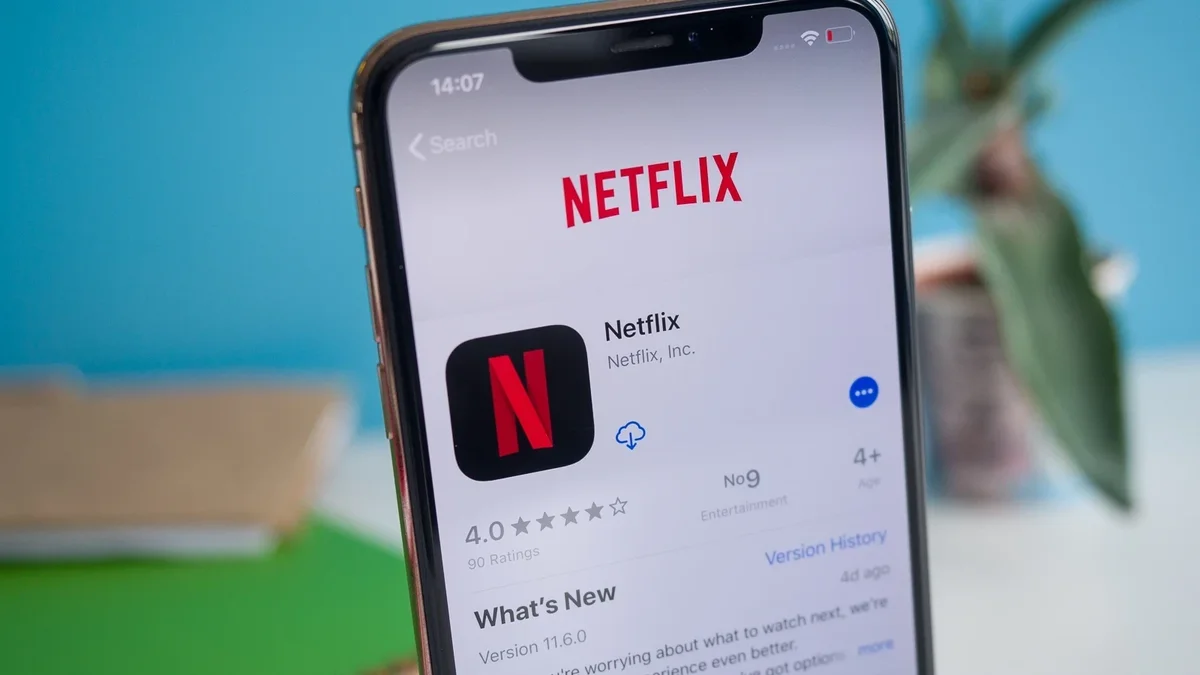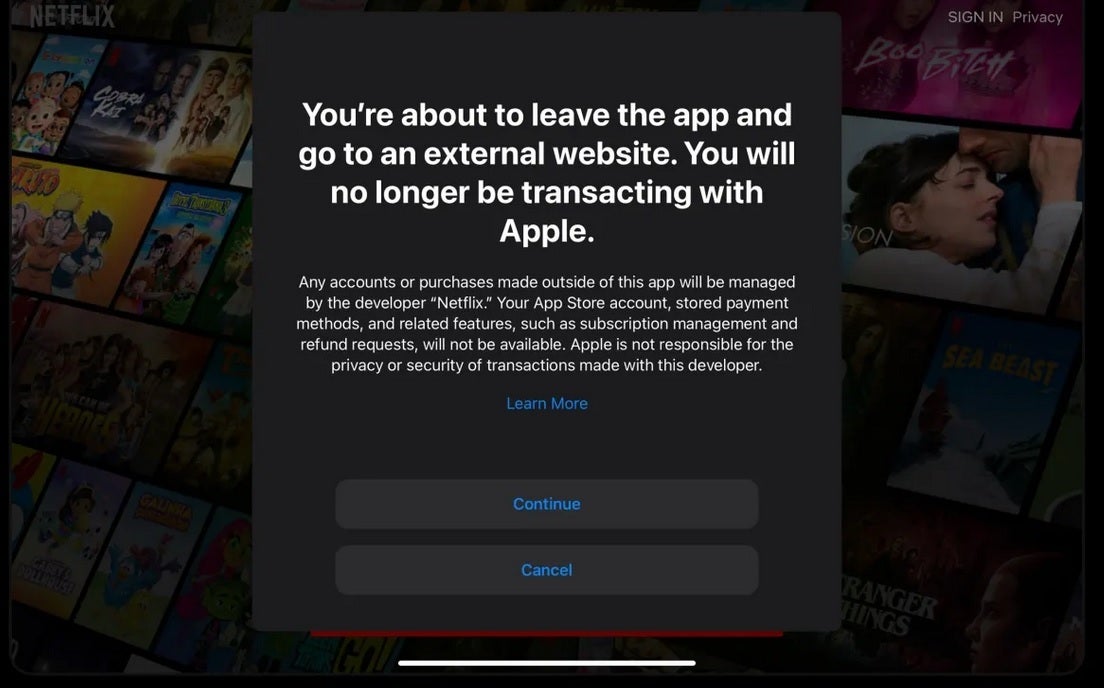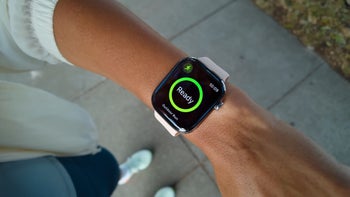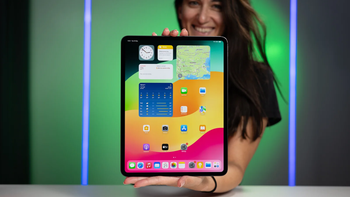Netflix escapes Apple Tax at last as app links to streamer's own subscription site

As Bob Dylan once sang, "The Times They Are A-Changin." Spotted first by 9to5Google, iPhone and iPad users looking to subscribe to Netflix from the video streamer's App Store app are now being directed by Netflix to an external website. From the site, iOS and iPadOS users can sign up for service from Netflix. This is in line with Apple's recent decision to allow what are known as "reader apps" (apps that deliver digital content) to link to their own external websites to help subscribers sign-up and manage their accounts.
Netflix link in App Store allows the video streamer to evade the dreaded Apple Tax
Apple announced last September that it would allow reader apps to include a single in-app link to their own websites. Tapping on the "subscribe" button in the Netflix app brings up a message that says "you’re about to leave the app and go to an external website." The app also points out that any transaction will not be Apple’s responsibility and that all subscription management should be handled through Netflix’s platform.

Netflix escapes the Apple Tax
More specifically, reader apps are those that provide content that was previously purchased or content available from an app that users pay for on a recurring basis such as music, video, digital magazines, newspapers, books, and audio.
The message also states that "Any accounts or purchases made outside of this app will be managed by the developer 'Netflix.' Your App Store account, stored payment methods, and related features, such as subscription management and refund requests, will not be available. Apple is not responsible for the privacy or security of transactions made with this developer."
If you continue the process you are sent to a Netflix website from where you can subscribe to the service bypassing Apple's in-app payment platform. As a result, Netflix doesn't have to give Apple the 30% cut of the transaction price on initial subscriptions and as much as 15% for recurring subscriptions made after one year.
The so-called Apple Tax has been a controversial lightning rod for politicians, developers, and others. Companies like Spotify and Netflix prevented subscribers from signing up for certain subscriptions directly from the App Store so that they wouldn't have to pay Apple. And nearly two years ago, Apple kicked Epic and its popular Fortnite game out of the App Store after Epic offered game players a link to its own in-app payment platform.
Lawsuits, lawmakers, and developers all had a hand in forcing Apple's huge App Store change
Without having to pay Apple its cut, Epic offered currency to Fortnite players at a lower price. This led to an epic lawsuit (sorry) which resulted in a ruling from Judge Yvonne Gonzalez Rogers who wrote, "The Court concludes that Apple’s anti-steering provisions hide critical information from consumers and illegally stifle consumer choice. When coupled with Apple’s incipient antitrust violations, these anti-steering provisions are anticompetitive and a nationwide remedy to eliminate those provisions is warranted."
Rogers did say that Apple was not a monopolist and that there was nothing illegal about the success of the App Store. She did rule that Apple would have to allow developers to redirect users to developers' own websites to manage their subscriptions. Other countries have gone after the Apple Tax and developers in South Korea can promote alternative payment methods in the App Store, although Apple will still hit up the developers for 26% of the transaction value.
In the Netherlands, some dating apps will be allowed to embed alternative payment methods inside these apps after Apple was fined $52.58 million by the Netherlands' antitrust watchdog, the Authority for Consumers and Markets (ACM). With the recent approval of the European Union's (EU) Digital Markets Act (DMA), Apple might be required to offer third-party payment platforms for the App Store in Europe, allow iPhone users to sideload apps (in other words, install apps from third-party app stores) on the continent, and add support for iMessages in competing operating systems in Europe.
All together, pressure from lawsuits, developers, lawmakers, and the media combined to produce the first cracks in Apple's in-app payment platform which includes the Apple Tax. Apple still has a set of rules that developers of reader apps must follow. The link published on the app cannot contain pricing information, and each developer must submit an "entitlement" to obtain permission from Apple to include a link on their app.
Follow us on Google News












Things that are NOT allowed:
To help keep our community safe and free from spam, we apply temporary limits to newly created accounts: